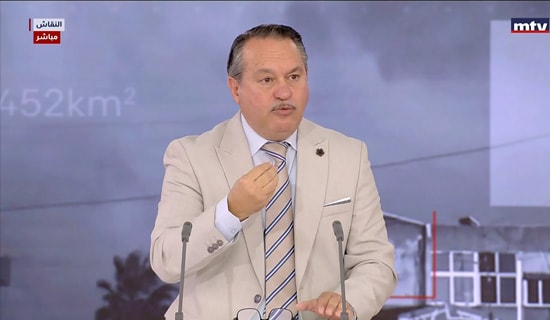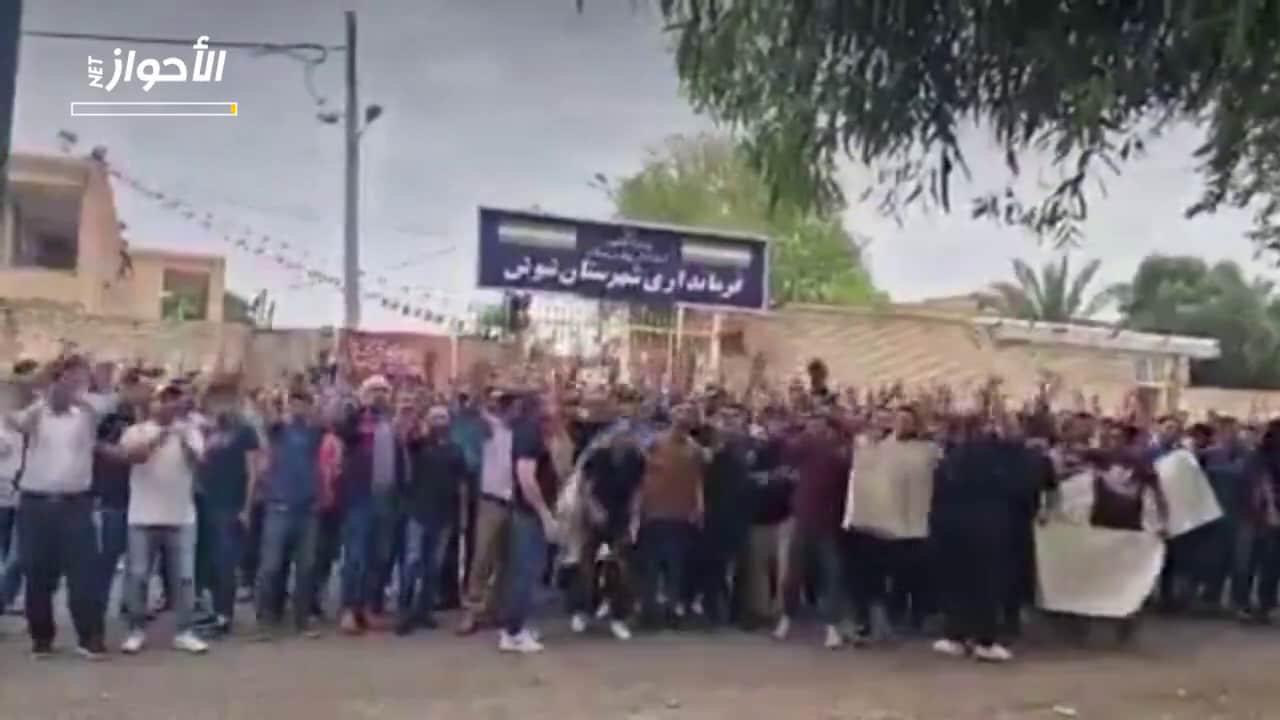
Following are excerpts from a parliamentary session on the dam crisis between Egypt and Ethiopia, with leading Egyptian politicians, including President Morsi, it was aired on Channel 1, Egyptian TV and was posted on the Internet on June 3, 2013:
Saad Al-Katatni, chairman of the Freedom and Justice Party: I say loud and clear that all options are available to us, and that we will support all the options, but we must proceed gradually: If diplomacy fails to change the situation, we shall resort to international law, and if this is unsuccessful, we shall resort to any option one can imagine, in order to protect our water security, because for us, water security is a matter of life and death.
[...]
Younes Makhioun, chairman of the Al-Nour Party: We in the Al-Nour party believe that Egyptian agreement to the building of this dam would be a dangerous strategic mistake, because Ethiopia – and Israel and the U.S., which are behind it – would use it as a lethal bargaining chip to pressure Egypt.
[...]
We should use bargaining chips. For example, 35% of the Ethiopians belong to the Oromo people. They have a thing called the Oromo Liberation Front. The domestic Ethiopian front is very weak and fragile. We could also support the Ogaden National Liberation Front. This would constitute a means to pressure the Ethiopian government. If all these attempts fail, we may resort to our intelligence agencies in order to destroy any dam that undermines Egypt's security, because some experts have said that building this dam is tantamount to a declaration of war against Egypt.
[...]
Al-Azhar scholar Sheik Hassan Al-Shafe'i: I remember that the foreign minister of Ethiopia came to Egypt, and mocked the Egyptian people. He said that the Nile does not have wings and cannot fly to Israel. But the Egyptian people knows, like any other people would know, that the Nile might have subterranean "wings," through pipelines passing under the Red Sea. This is entirely possible. Many countries import water through pipelines.
[...]
Ayman Nour, chairman of the Ghad Al-Thawra Party: I don't know whether this is something that should be said or not, but like some of my colleagues said, there are many political rivalries in Ethiopian society. Some changes are anticipated there. We do not need an embassy in Ethiopia. What we need is a task force that will deal with politics and intelligence. We should play a role in all aspects of Ethiopian reality. I think this would be much less costly than other options to fend off the danger. We should intervene in their domestic affairs.
[...]
The Ethiopian newspapers say that Egypt has no military option. They say that Egypt does not possess the capabilities – no airplanes, no missiles – and that Sudan would not allow this... Indeed, Sudan's position is nauseating. It is much weaker than it should be. But we could leak intelligence information. We could leak that Egypt is trying to buy planes for aerial refueling, and so on. Even if this is unrealistic, it would bring results on the diplomatic track.
[...]
Muhammad Anwar Essmat Al-Sadat, chairman of the Reform and Development Party: We should be aware of the influence of Egypt's national soccer team in Ethiopia. Our national team was champion of Africa and has tremendous influence. The same is true with regard to Egyptian art. We have great influence. We could also use the Egyptian churches and Al-Azhar. Some people talked about a possible military operation. Practically speaking, this is difficult. We'd be criticized for something like that.
[...]
We should form an axis with Eritrea, Somalia, and Djibouti. This is a job for the intelligence agencies. They will resolve this from within. We have the right to do this. There are a hundred ways of doing this indirectly when we lose hope.
[...]
Magdi Ahmad Hussein, chairman of the Islamic Labor Party: I'm very fond of battles. With the enemies, of course – with America and Israel, but this battle must be waged with maximum judiciousness and calm. Even though this is a secret meeting, we must all take an oath not to leak anything to the media, unless it is done officially by sister Pakinam. We need an official plan for popular national security, even if we... Okay... Fine... The principles behind what I'm saying are not really secret... Our war is with America and Israel, not with Ethiopia. Therefore, engaging in a war... This is my opinion...
Participant: This meeting is being aired live on TV.
General laughter
Magdi Ahmad Hussein: I am not presenting a secret plan or anything. All the countries do what I am saying and what has been said by others. All countries with regional conflicts do that.
[...]
I say to the Egyptian people: Nobody can turn off your water supply – unless they want to turn the Egyptians into the world's most extremist people. Imagine what this people would do if its water were turned off – what all 80 million of us would do to Israel and America if our water were turned off.
[...]
Egyptian President Mohamed Morsi: We have a lot of respect for the Sudanese people in the north and the south, and we respect their decisions, and the same is true with regard to the Ethiopian people. We are not about to start any aggression against anyone whatsoever, or affront anyone whatsoever.
[...]
But we have very serious measures to protect every singe drop of Nile water – every single drop of water.
[...]

















